Estimated Tuition Rates (2022-2023 Academic Year)
The School of Public Policy follows the University’s tuition and fees schedule, which is approved by Penn State’s Board of Trustees. Tuition for our programs is comparable to in-state competitors and less than out-of-state competitors.
Undergraduate Tuition
Pennsylvania Residents:
$24,466 (tuition) + $549.48 (student fees) = $25,015.48/year
Graduate Tuition
Pennsylvania Residents:
$24,466 (tuition) + $549.48 (student fees) = $25,015.48/year
Non-Pennsylvania Residents:
$41,602 (tuition) + $549.48 (fees) = $42,151.48/year
Please visit the Penn State tuition resource website to access complete information about the tuition fee schedule. Information about financial assistance, work-study, and employment opportunities for graduate students can be found on Penn State’s student aid website.
Funding Opportunities
Graduate Assistant Positions
The School of Public Policy has several hourly graduate assistant positions that pay up to $10,800 available each year. These roles do not include tuition assistance or reduction or health insurance. Interested students should email to inquire further.
David and Margaret Gray Graduate Scholarship
The David and Margaret Gray Graduate Scholarship benefits students with a commitment to state and local government or nonprofit sector careers and is made possible by a gift from David and Margaret Gray.
Josh and Sarah Korn School of Public Policy Student Access Fund in the College of the Liberal Arts
The Josh and Sarah Korn School of Public Policy Student Access Fund will support scholarships, living expenses, travel expenses, or enrichment activities such as internships, study abroad, and research. The purpose of this fund is to ensure equitable access to fieldwork and internships for all students when financial means may not permit accepting unpaid or underpaid career-enhancing opportunities.
